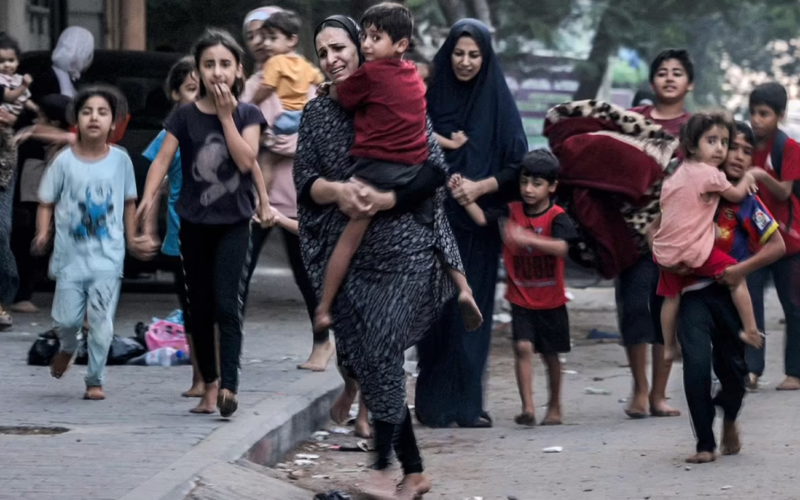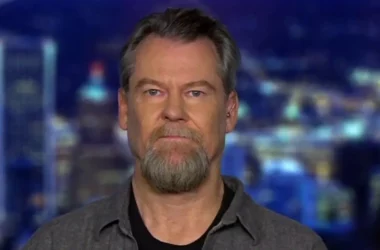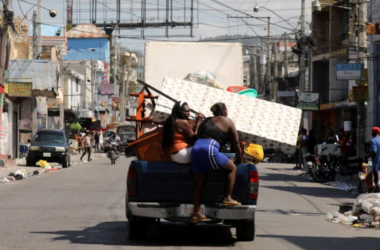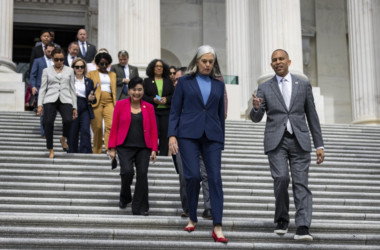Palestinians residing in northern Gaza are taking a firm stance, refusing to vacate their homes despite orders from the Israeli military to evacuate more than one million people to the southern part of the besieged enclave within 24 hours. The evacuation order, issued on Friday, has ignited deep-seated fears among residents, who vividly remember the Nakba of 1948, when hundreds of thousands were forcibly expelled from their land, leaving a legacy of refugees that continues to endure over seven decades later. While the Israeli military insists that civilians will not be allowed to return until further notice and that a formal statement will be issued to that effect, many are unwilling to leave their homes.
The United Nations has strongly urged Israel to revoke the evacuation order, emphasizing the catastrophic humanitarian consequences such a forced movement could entail. Stephane Dujarric, the spokesperson for the UN Secretary-General, has expressed the organization’s deep concern, highlighting the severity of the situation. Dujarric underlined the pressing need to rescind the order, avoiding the transformation of an already tragic situation into an even more calamitous one.
The World Health Organization (WHO) has joined the chorus of international concerns. The organization has raised alarm over Israel’s move to force severely ill individuals in Gaza, including those reliant on life support, to relocate. Such actions are seen as tantamount to a “death sentence” by the WHO, adding an alarming layer to the already dire situation unfolding in Gaza.
Amid the escalating tensions, the UN Security Council has convened a meeting specifically to address the ongoing Israel-Palestine conflict. This session represents an urgent response to the latest developments in the region, particularly the evacuation order issued by the Israeli military.
The steadfast determination of the Palestinians in northern Gaza reflects the gravity of the situation and the deeply rooted concerns about the impact of a forced transfer. The collective memory of the Nakba is a vivid reminder of the dispossession and displacement that still reverberates through generations. In the face of such historical context and contemporary fears, residents are unwilling to leave their homes.
The resolve of Palestinians in northern Gaza to remain in their homes despite the Israeli military’s evacuation order is a testament to their unwavering spirit and determination. While international concerns are mounting, it remains to be seen how this situation will unfold, especially given the historical significance attached to forced displacements in the region. The upcoming UN Security Council meeting will play a pivotal role in addressing the escalating crisis and the urgent need for a peaceful resolution to the ongoing conflict.








